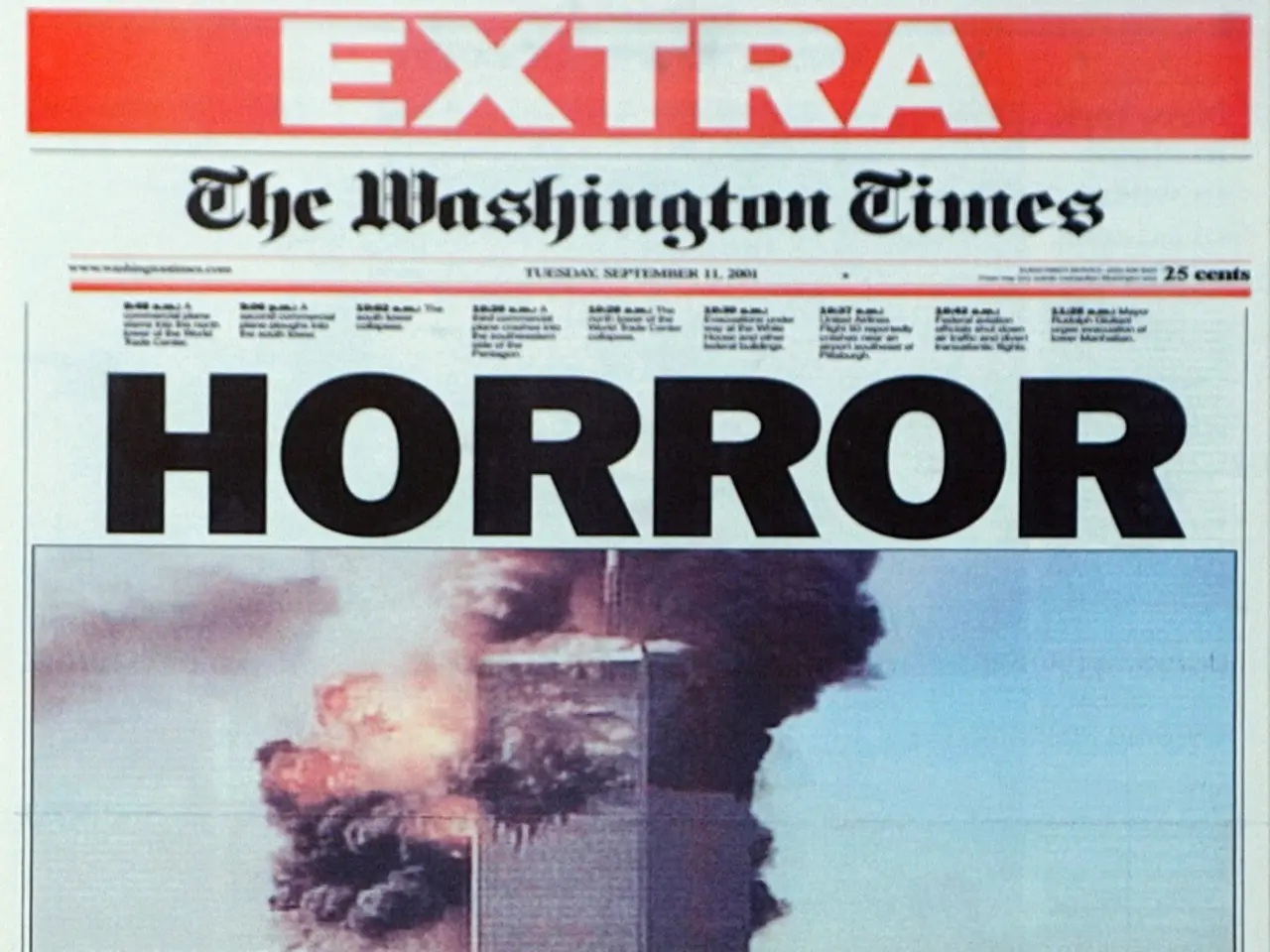Experts on the Hamas-Israel Conflict, led by Norman Finkelstein, Offer Insights and Analysis
The International Court of Justice (ICJ) is currently deliberating over South Africa's genocide case against Israel, a contentious issue that has sparked intense debate in international law circles. Filed in December 2023, the case accuses Israel of committing genocide in Gaza, breaching the Genocide Convention.
South Africa's application, spanning 84 pages, includes extensive documentation of statements by Israeli officials, which they argue demonstrate genocidal intent. The evidence presented includes mass killings, home demolitions, forced displacement, blockades cutting off essentials, and the destruction of healthcare facilities.
The ICJ's decision to proceed with the case, rather than dismiss it outright, is significant in international law. The court's 16-2 decision to proceed suggests the judges found merit in examining the case further. However, the outcome remains uncertain and contentious as of mid-2025.
Israel and its supporters contend that the destruction in Gaza results from security operations to counter terrorism, not from intent to destroy Palestinians as a group. They argue that without definitive intent to annihilate a group, actions, even disproportionate military ones, do not legally constitute genocide.
The case's outcome depends heavily on the 17 ICJ judges’ judicial philosophies, their evaluation of evidence, and ongoing events in Gaza. Some South African legal experts criticize the government's approach as poorly coordinated and politically motivated, with concerns about the impact of invoking genocide rhetoric on domestic social cohesion.
The military aspects of the October 7th attacks, including strikes on IDF facilities, are often overlooked in discussions. On that day, Hamas conducted attacks that targeted and killed hundreds of Israeli civilians. The death toll of over 30,000 Palestinians meets the threshold for consideration in the case.
There is debate among experts about whether Israel intentionally targets Palestinian civilians. Some argue that there is clear evidence of Israel intentionally targeting Palestinian civilians, while others maintain that civilian deaths are unintentional consequences of targeting Hamas.
Historical context plays a significant role in how current events are viewed, with past conflicts and actions by both sides used to support competing narratives. The entrenched positions and different interpretative frameworks make it difficult to reach consensus on basic facts and moral judgments about actions by either side in this conflict.
The timeline for a final ruling remains uncertain, with similar cases taking years or even decades to resolve. The plausibility standard applied by the ICJ in this preliminary phase is notably low, requiring only presenting facts that make genocide conceivable. The case centers around the physical destruction of people and the presence of genocidal intent.
This ongoing case, with its complex legal proceedings and deep divisions in interpretation, underscores the challenges of applying international law in densely populated conflict zones and the ongoing debate about the nature of genocide, the role of intent, and the challenges of warfare in such areas.
In the context of this ongoing case at the International Court of Justice (ICJ), there have been significant discussions around war-and-conflicts, politics, and crime-and-justice, as South Africa accuses Israel of genocide in Gaza. The general news surrounding this case is dominated by the examination of statements by Israeli officials, mass killings, home demolitions, forced displacement, blockades, and the destruction of healthcare facilities, all of which are contentious issues.








